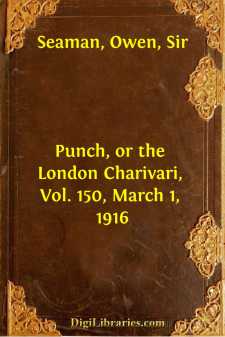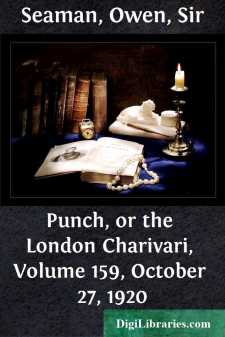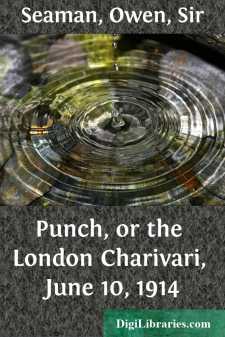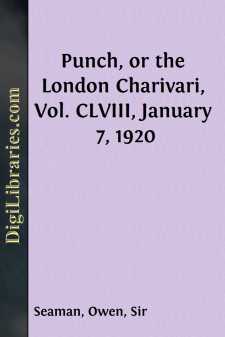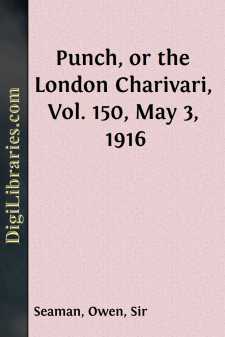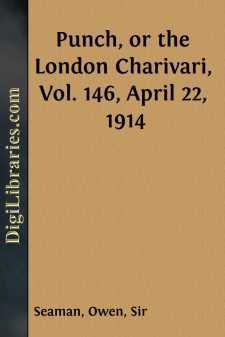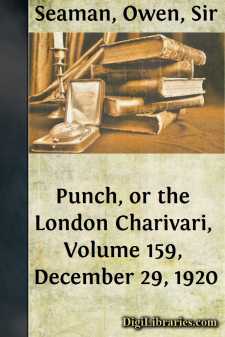Categories
- Antiques & Collectibles 13
- Architecture 36
- Art 48
- Bibles 22
- Biography & Autobiography 816
- Body, Mind & Spirit 145
- Business & Economics 28
- Children's Books 18
- Children's Fiction 14
- Computers 4
- Cooking 94
- Crafts & Hobbies 4
- Drama 346
- Education 58
- Family & Relationships 59
- Fiction 11831
- Foreign Language Study 3
- Games 19
- Gardening 17
- Health & Fitness 34
- History 1378
- House & Home 1
- Humor 147
- Juvenile Fiction 1873
- Juvenile Nonfiction 202
- Language Arts & Disciplines 89
- Law 16
- Literary Collections 686
- Literary Criticism 179
- Mathematics 13
- Medical 41
- Music 40
- Nature 179
- Non-Classifiable 1768
- Performing Arts 7
- Periodicals 1453
- Philosophy 66
- Photography 2
- Poetry 897
- Political Science 203
- Psychology 45
- Reference 154
- Religion 516
- Science 126
- Self-Help 86
- Social Science 82
- Sports & Recreation 34
- Study Aids 3
- Technology & Engineering 59
- Transportation 23
- Travel 463
- True Crime 29
Our website is made possible by displaying online advertisements to our visitors.
Please consider supporting us by disabling your ad blocker.
Punch, or the London Charivari, Vol. 159, 1920-09-15
by: Owen Seaman
Categories:
Description:
Excerpt
THE PRODIGIES.
We—Great-aunts Emily and Louisa—had in our innocence been telling a few old fairy stories at bedtime to those three precocities whom our hosts call their children.
We knew that they talked Latin and Greek in their sleep and were too much for their parents in argument, but we thought that at least, at the story hour——
We were stopped by Drusilla. "I don't think much of the moral of that one," she remarked. "It would seem to illustrate the Evil Consequences of Benevolence!"
"But she came alive again," said Evadne, the youngest, in extenuation.
"And the wolf was killed," we ventured in defence of our old story.
"Still," persisted Drusilla, "you couldn't call it encouraging."
"Then in the other case," went on Claude thoughtfully, "considering that she had been left in sole charge of the house and had no business to go out and leave it to the mercy of burglars, what moral are we to draw from the fact that she married a Prince and lived happily ever afterwards?"
"Most of them have that sort of moral," said Drusilla. "And they are every one of them devoid of humour, except of the most obvious kind—no subtlety."
"When I was your age," said poor Louisa gently, "I used to laugh very heartily over the adventures of Tom Thumb."
Claude seemed touched. "There are some capital situations in certain of them," he conceded, "which might be quite effectively treated."
"How?" we asked weakly.
It was Drusilla, the most alarming of the children, who finally undertook to sketch us out an example.
After a short meditation, "Something like this," she said. "The situation, of course, you have met with before, but as remodelled you might call it—
THE TRIUMPH OF VIRTUE;
or,
The Bad Fairy Foiled.
A certain King and Queen had one daughter, to whose christening they invited a large company, forgetting as usual a particularly important and bad-tempered Fairy, who signified her annoyance in the usual manner.
The attendants of the little Princess (having read their story-books) were preparing dolefully enough to fall asleep for a hundred years, when the Fairy, with a contemptuous sniff, remarked that the spell would not take effect for some time yet.
They breathed again and had almost forgotten the affair by the time the Princess had grown up. But the Fairy had so arranged it that the spell fell upon the Princess at the time when she was engaged in making her choice of a husband from among the suitors who had arrived at her father's Court.
The Princess was now bewitched in this way—that good men appeared bad, ugly men handsome, and vice versâ. The Fairy had hoped that she would thus make a mess of her matrimonial affairs and live unhappily ever after.
But she had reckoned without the disposition of the Princess, a kind good girl with an overpowering sense of duty. When pressed to choose, she replied firmly, "I will have no other than Prince Felix."
To her his ugliness seemed pathetic and his character evidently needed reformation so urgently that she longed to be at the job....




